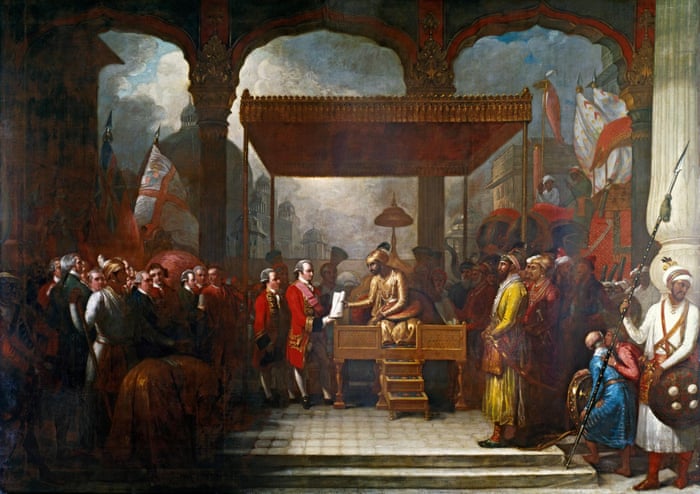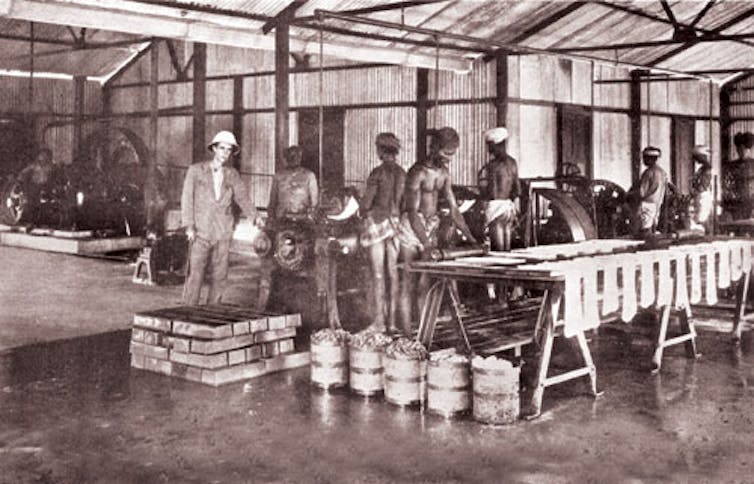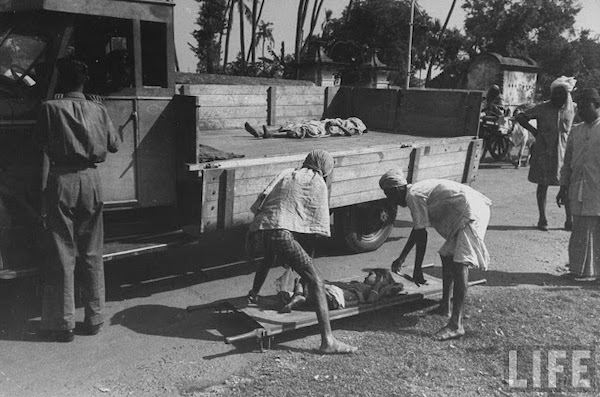The Great Robbery by a not so "GREAT" Nation
India has a long history of colonial exploitation, with the British Empire being the most notorious offender. One of the most significant forms of colonial exploitation was economic exploitation. The British used India as a source of cheap labor and raw materials, while at the same time flooding the Indian market with British manufactured goods. This blog post will delve into the negative aspects of colonial economic exploitation in India and the devastating impact it had on the Indian economy.
The British Raj systematically drained India's wealth through various means. They imposed heavy taxes on land, labor, and production, which were used to finance the British administration and wars. The British also forced Indian farmers to grow cash crops like cotton, indigo, and jute instead of food crops, which led to widespread famine and food shortages.
According to historian Rajat Kanta Ray, "The British drained India's wealth through various forms of taxes, forced cultivation of cash crops, and the export of raw materials. The Indian economy was forced to function as a supplier of raw materials and a market for British manufactured goods." (Ray, 1999)
The British Raj also deindustrialized India by systematically destroying indigenous industries and handicrafts. They flooded the Indian market with cheap British manufactured goods, which destroyed the local industries and put millions of Indian artisans out of work. This led to a significant decline in the Indian economy, with India's share of global GDP falling from 24% in 1700 to just 4% in 1950.
The British Raj also exploited Indian labor through the system of indentured labor and the construction of railways and other infrastructure projects. Indian laborers were forced to work in terrible conditions and for very low wages, often far below the prevailing wages in British colonies like Australia and South Africa.
According to historian Gyan Prakash, "The British Raj exploited Indian labor through the system of indentured labor, which forced Indian workers to work in terrible conditions in British colonies like Mauritius and Fiji. The construction of railways and other infrastructure projects also involved the exploitation of Indian labor." (Prakash, 1999)
The British Raj's economic exploitation of India had a devastating impact on the Indian economy and the lives of millions of Indians. The British drained India's wealth through heavy taxes, forced cultivation of cash crops, and the export of raw materials. They deindustrialized India by destroying indigenous industries and handicrafts, and replaced them with cheap British manufactured goods. They also exploited Indian labor through the system of indentured labor and the construction of railways and other infrastructure projects.
It is important to acknowledge the negative impact of colonial economic exploitation in India, in order to learn from history and strive towards a better future. The legacy of colonial economic exploitation still resonates in India today, with many Indians continuing to suffer the effects of poverty and underdevelopment. It is crucial for the international community to recognize the injustices of the past and work towards a more equitable and just world.





Comments
Post a Comment